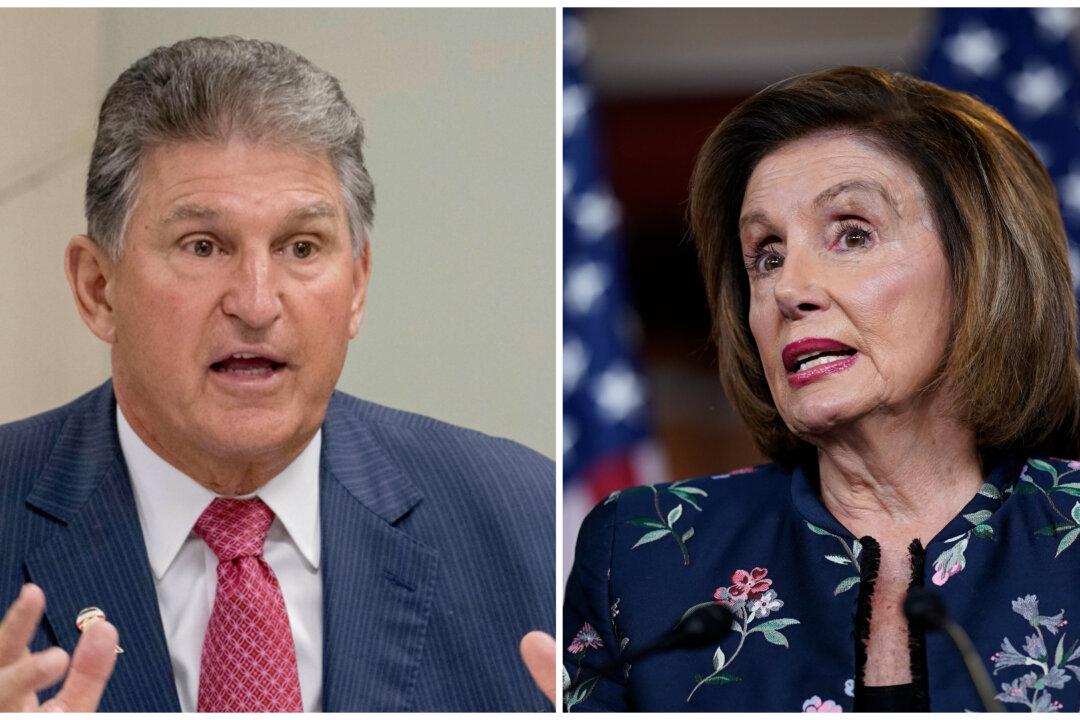In a Sept. 2 opinion piece for the Wall Street Journal, Sen. Joe Manchin, a critical Democratic swing vote, came out against his party’s expansive $3.5 trillion budget, calling for a “strategic pause” to consider the legislation’s consequences. Senate Majority Leader Chuck Schumer (D-N.Y.) and Speaker of the House Nancy Pelosi (D-Calif.) have since criticized Manchin for this position, but are optimistic that the budget will still pass.
Manchin explained his opposition to the bill, writing: “some in Congress have a strange belief there is an infinite supply of money to deal with any current or future crisis, and that spending trillions upon trillions will have no negative consequence for the future. I disagree.”





